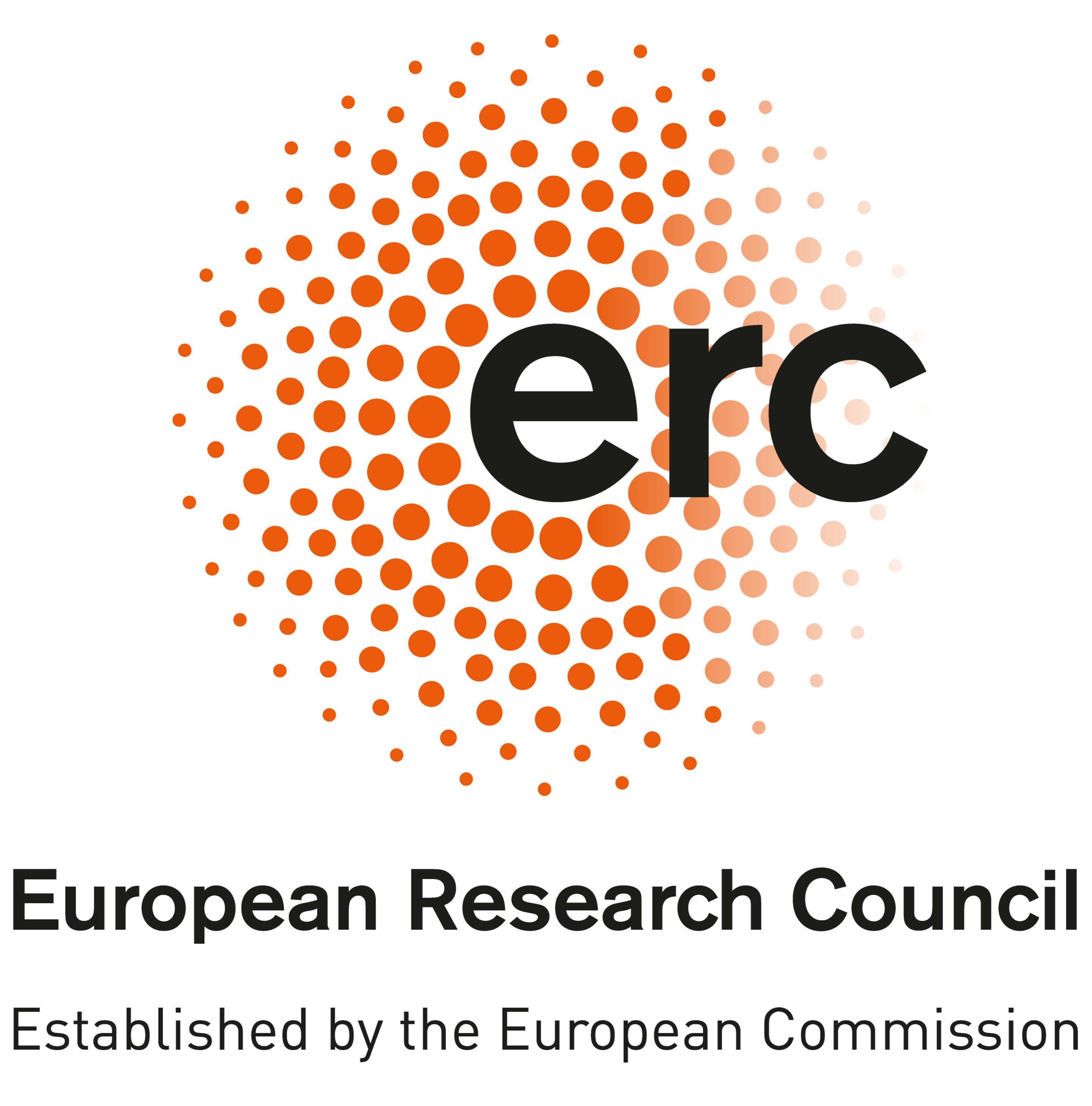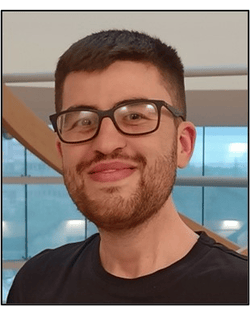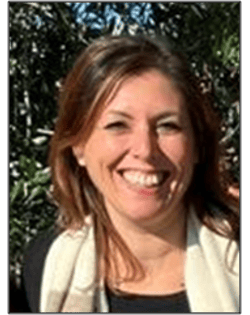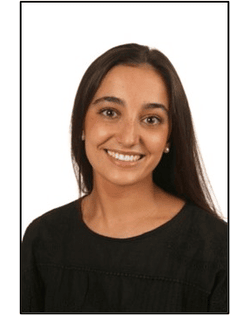
Tissue Dynamics and Biomarker Signature discovery
Tissue Dynamics and Biomarker Signature discovery

 The research interest of my group focuses on developing and validating a cell-free DNA (cfDNA)-based pipeline designed to capture the spatiotemporal complexity of biological responses in patients undergoing gene therapy for inherited and acquired genetic diseases. Circulating cfDNA consists of fragments released by healthy and diseased cells from various tissues throughout the body. By studying the tissue of origin, cfDNA analysis enables tracing these fragments back to their source tissues and cell types. This information is used to detect shifts in tissue composition, revealing disrupted tissue homeostasis, disease states, or therapy-induced toxicity. Leveraging cutting-edge molecular techniques, my group aims to identify and characterize cfDNA signatures to provide a comprehensive understanding of disease processes at the organismal level, both before and after therapy.
The research interest of my group focuses on developing and validating a cell-free DNA (cfDNA)-based pipeline designed to capture the spatiotemporal complexity of biological responses in patients undergoing gene therapy for inherited and acquired genetic diseases. Circulating cfDNA consists of fragments released by healthy and diseased cells from various tissues throughout the body. By studying the tissue of origin, cfDNA analysis enables tracing these fragments back to their source tissues and cell types. This information is used to detect shifts in tissue composition, revealing disrupted tissue homeostasis, disease states, or therapy-induced toxicity. Leveraging cutting-edge molecular techniques, my group aims to identify and characterize cfDNA signatures to provide a comprehensive understanding of disease processes at the organismal level, both before and after therapy.
Research Activity
Gene therapy for inherited metabolic disorders - At SR-Tiget, we study how hematopoietic stem cell gene therapy (HSC-GT) can treat inherited diseases like Metachromatic Leukodystrophy (MLD) and Mucopolysaccharidosis Type I (MPSIH). These are metabolic conditions where toxic molecules accumulate and damage tissues. By analyzing cfDNA, we aim to understand which cells are affected during disease and after treatment. In MLD, this approach could improve diagnosis through epigenetic signatures; in MPSIH, it may help explain how gene-corrected cells reduce systemic damage, especially to the skeleton, compared to standard therapies.
CAR-T therapy in blood and solid tumors - CAR-T therapy is a fast-growing area with great promise, especially for B-cell cancers. However, challenges remain, especially in treating solid tumors. Using advanced tools like LiBIS-seq and cfDNA profiling, we study how engineered T cells work in different tissues, their safety, and how long they persist. Our goal is to identify biological markers of response, resistance, and toxicity, and to support the design of more effective and personalized CAR-T treatments.
cfDNA and tissue-of-origin studies in cancer, inflammatory and immune-related diseases - We are exploring the use of cfDNA and tissue-of-origin (TOO) analysis to monitor disease progression and treatment response beyond gene therapy. In collaboration with the Cancer Center and other clinical units at OSR, we aim to identify molecular markers that may indicate resistance to chemotherapy or progression to metastasis in different cancers. Furthermore, we are investigating if TOO analysis can be adopted in other inflammatory and autoimmune diseases to improve patient classification, monitor disease activity, and guide personalized therapeutic strategies.
Development of molecular and computational tools to study gene therapy safety - Building on our expertise in molecular biology, gene therapy, and bioinformatics, we are committed to developing innovative tools to monitor the safety and efficacy of gene therapy strategies. We will continue to expand this technological platform to support the design and evaluation of safer gene therapy approaches. Our goal is to create new molecular and computational methods that can be applied across different vector systems and disease models, providing researchers and clinicians with reliable, high-resolution readouts to guide preclinical and clinical development.
Calabria A, Spinozzi G, Cesana D, Buscaroli E, Benedicenti F, Pais G, Gazzo F, Scala S, Lidonnici MR, Scaramuzza S, Albertini A, Esposito S, Tucci F, Canarutto D, Omrani M, De Mattia F, Dionisio F, Giannelli S, Marktel S, Fumagalli F, Calbi V, Cenciarelli S, Ferrua F, Gentner B, Caravagna G, Ciceri F, Naldini L, Ferrari G, Aiuti A, Montini E. Long-term lineage commitment in haematopoietic stem cell gene therapy. Nature 2024.
Cesana D.#, Cicalese MP#, Migliavacca M., Caruso R., Calabria A., Barzaghi F., Dionisio F., Giannelli S., Spinozzi G., Benedicenti F, Rudilosso L., Ciolfi A., Bruselles A., Pizzi S., Casiraghi M., Fossati C., Zancan S., Gabaldo M., Tucci F., Strocchio L., Bernardo M.E., Vinti L., Ferrua F., Calbi V., Gallo V., Carlucci F., Guerra A., Richardson A., Kudari M., Jones R., Cancrini C., Ciceri F., Naldini L., Tartaglia M., Montini E., Locatelli F. and Aiuti A. A case of T-cell acute lymphoblastic leukemia in retroviral gene therapy for ADA-SCID. Nature Communication 2024; #equal contribution.
Calabria A., Cipriani C, Spinozzi G., Pouzolles M., Esposito S., Benedicenti F., Taylor N., Zimmermann V.S., Montini E., Cesana D. Intrathymic AAV delivery results in therapeutic site-specific integration at TCR loci. Blood 2023; Commentary by Weijie Li in Blood.
Pais G, Spinozzi G#, Cesana D#, Benedicenti F, Albertini A, Bernardo ME, Gentner B, Montini E, Calabria A. ISAnalytics enables longitudinal and high-throughput clonal tracking studies in Hematopoietic Stem Cell Gene Therapy applications. Briefings in Bioinformatics 2023; #equal contribution.
*Ferrari S#, Jacob A,#, Cesana D,#, Laugel M, Beretta S., Varesi A, Canarutto D, Albano L, Conti A., Calabria A., Vavassori V, Cipriani C., Castiello M.C., Unali G., Esposito S., Brombin C, Cugnata F., Adjali O., Ayuso E., Merelli I., Villa A., Di Micco R., Kajaste-Rudnitski A, Montini E, Penaud-Budloo M., Luigi Naldini. Choice of Template Delivery Mitigates the Genotoxic Risk and Adverse Impact of Editing in Human Hematopoietic Stem Cells. Cell Stem Cells, 2022; #equal contribution.
Cesana D, Calabria A, Rudilosso L, Gallina P, Benedicenti F, Spinozzi G, Schiroli G, Magnani A, Acquati S, Fumagalli F, Calbi V, Witzel M, Bushman FD, Cantore A, Genovese P, Klein C, Fischer A, Cavazzana M, Six E, Aiuti A, Naldini L, Montini E. Retrieval of vector integration sites from cell-free DNA. Nat Medicine 2021.
Cesana D*, Santoni de Sio FR, Rudilosso L, Gallina P, Calabria A, Beretta S, Merelli I, Bruzzesi E, Passerini L, Nozza S, Vicenzi E, Poli G, Gregori S, Tambussi G, Montini E*. HIV-1-mediated insertional activation of STAT5B and BACH2 trigger viral reservoir in T regulatory cells. Nature Communications 2017; *co-corresponding Author.
Cesana D, Ranzani M, Volpin M, Bartholomä C, Duros C, Artus A, Merella S, Benedicenti F, Sergi Sergi L, Sanvito F, Brombin C, Nonis A, Di Serio C, Doglioni C, von Kalle C, Schmidt M, Cohen-Haguenauer O, Naldini L and Montini E. Uncovering and dissecting the genotoxicity of self-inactivating lentiviral vectors in vivo. Molecular Therapy 2014.
Cesana D#, Sgualdino J#, Rudilosso L, Merella S, Naldini L, Montini E. Whole transcriptome characterization of aberrant splicing events induced by lentiviral vector integrations. The Journal of Clinical Investigation 2012; #equal contribution; Commentary by Didier Trono in The Journal of Clinical Investigation.
Montini, E#, Cesana, D# Schmidt, M, Sanvito, F, Bartholomae, C, Ranzani, M, Benedicenti, F, Sergi Sergi, L, Ambrosi, A, Ponzoni, M, Doglioni, C, Di Serio, C, von Kalle, C and Naldini, L. The Genotoxic Potential of Retroviral Vectors is Strongly Modulated by Vector Design and Integration Site Selection. The Journal of Clinical Investigation 2009; #equal contribution.



